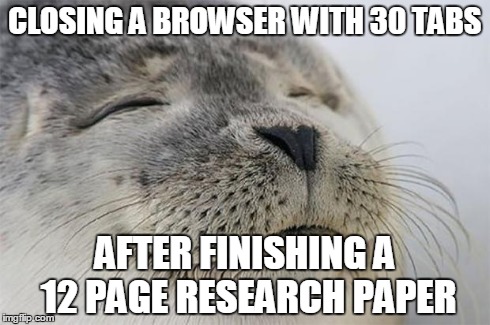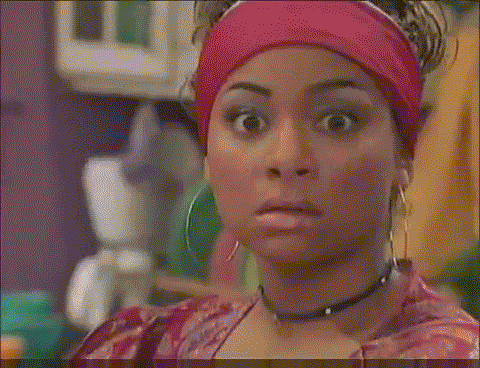I was horrified. She claimed that I had enough resources and time to do it. I didn't believe her of course,
but I got to work on a comprehensive schedule that would allow me to finish in time and sleep each night.
I worked though it slowly, day by day. I began to realize that all of the tedious homework assignments that we did in preparation for this assignment were incredibly helpful. I knew exactly how to fix those sections to make my paper better. Not only that, but I could use the feedback from those sections and apply them to other sections that I was writing such that I did not make the same mistake twice.
I also heavily relied on the feedback from the Mod 1 report. Normally, I don't even read feedback (I don't usually take criticism very well).
I also honestly could not see how writing a bulleted paper without a methods section was going to provide much help in writing a full-length paper. However, the feedback I got was incredibly helpful. I found it very useful to look back at the Mod 1 report to see what information was supposed to go where, how detailed the information needed to be, and what general writing mistakes I had made that I could make better.
There were still times when I didn't know what to do. Most of them consisted of me frantically typing an email to Leslie at 11 PM claiming that I had no idea what was going on.
She is the resource that I most appreciated. If she did not answer my questions right away, she was sure to answer them early on the next day. She helped to clarify everything and settle my constant anxiety.
Overall, I don't think any of the resources were really unhelpful. I do wish that the feedback on our last round of homework was returned a little earlier, but other than that, it was incredibly helpful.
In the end, I did finish my paper by the deadline, and it was actually something I was proud to hand in. It was hard, but Noreen was right, I did have all of the resources I needed.





















